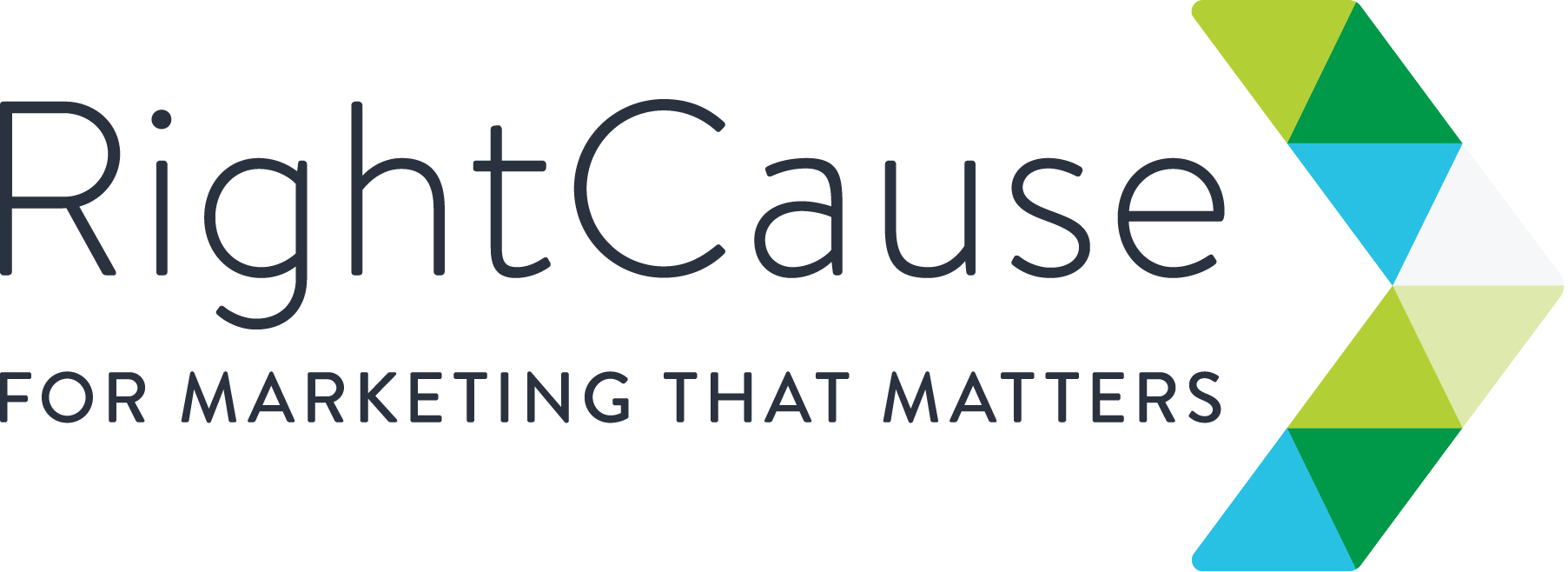Davos 2018: Blockchain and CSR
"There have never been more opportunities for CEOs to demonstrate leadership in addressing these inequities and living up to social purpose." - Jack Leslie, Weber Shandwick Chairman, 2018 WEF Meeting
Every January we see the world's best and brightest gather at the World Economic Forum(WEF) meeting in Davos, Switzerland. The four-day event brings together influential business leaders, politicians, investors and journalists to address the world's most hard-pressing issues. This year's panel discussions heavily revolved around the shifting landscapes of technology and business.
Davos often highlights the fundamental impacts of technology. In 2016, Klaus Schwab, Founder and Executive Chairman of WEF Geneva, believed the radical changes in tech were evidence of the Fourth Industrial Revolution. The First Industrial Revolution began with the use of water and steam power to mechanize production. The Second Industrial Revolution used electric power enabled mass production. Then, the Third Industrial Revolution applied digitalization and IT to automate production. Now, the Fourth Industrial Revolution (4IR) combines physical, digital and biological components into an array of new technologies, while using cyber-physical systems for production.
So, What's The Big Deal? The discussions at Davos often shape global, regional, and industry agendas. This year, the trending topic revolved around one 4IR technology in particular, the Blockchain. Blockchain is a Distributed Ledger Technology created in response to cryptocurrencies. It is a tamper-proof ledger of digital transactions distributed across several computers. The digitization and decentralization of transactions provide a trusted and transparent accounting system. From banking to government processes, blockchain could be the future of all record-keeping.
Think About It: Blockchain accurately documents every step of a company's operation and provides indisputable accountability. Consider the influence blockchain could have on Corporate Social Responsibility (CSR). Studies have shown CSR initiatives can be perceived as calculated or self-serving without adequate transparency. Now with blockchain, companies have a tamper-proof ledger that can validate their social impact.
Example: Cobalt is a metal used in lithium-ion batteries, i.e. the power source for products like smartphones and electric cars. The world's biggest producer of cobalt is the Democratic Republic of Congo, where children as young as seven are used for mining. Consumers and investors have put increasing pressure on companies using cobalt to ensure they are using ethical supply chains. However, tracing commodities back to remote, informal suppliers proves incredibly difficult. Apple and Samsung have joined Chinese businesses in the Responsible Cobalt Initiative, using blockchain to track cobalt from mine to manufacturer. Knowing which mines the cobalt comes from can help buyers hold suppliers accountable for their labor practices. Pilot testing of the system is said to launch this year.
[Triple] Bottom Line: The World Economic Forum meeting in Davos this year had a lot on the agenda, but the theme of technology and social good took center stage. The Fourth Industrial Revolution is upon us, with GOOD-tech emerging every day.
CSR is in high demand, so we need to ask ourselves, "Is blockchain the last piece of the puzzle?"
Article Published: February 27, 2018

